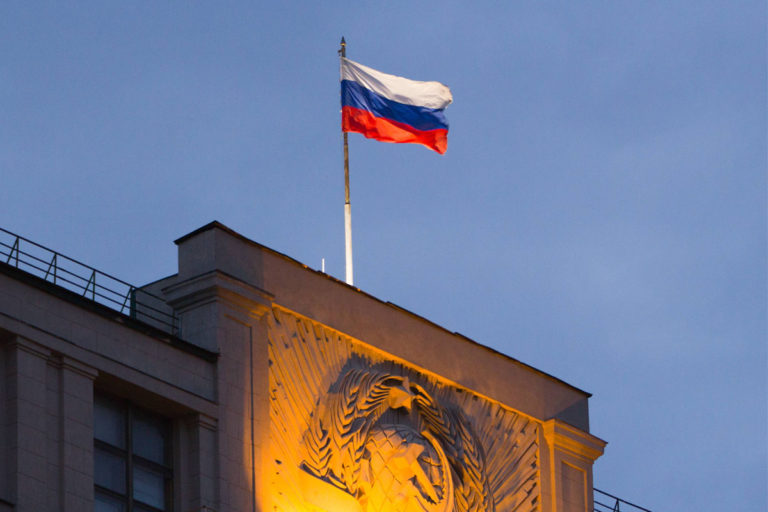Italy’s State-Owned Bank Trials Digital Bonds on Polygon Blockchain
The European Central Bank initiated the trial to explore how blockchains can enhance central bank settlement.

The Russian government and central bank has come to an agreement regarding how cryptocurrencies can be implemented in the country’s national financial system. According to an announcement this week, the government and central bank will be working hand in hand to draw legislature and regulation for digital assets and cryptocurrencies.
In regulating the cryptocurrency industry, the Russian government is not banning the use of digital assets in the region. Rather, the regulations are being drawn up in order “to integrate the digital currency turnover mechanism into the financial system and ensure control over cash flows in the contour of credit institutions”. The government’s announcement added that protection of the rights of citizens will be prioritised by requirements that will be put in place for cryptocurrency platforms. Qualified and unqualified investors and traders will be categorised and financial padding will be obliged for investors to ensure capital adequacy and asset liquidity.
In drawing up new regulations, the Russian central bank and authorities will work together to draft a new law. In this, cryptocurrencies will be defined as “an analogue of currencies” rather than simply digital financial assets. The new law is set to be categorise cryptocurrencies as assets that can function in the financial industry legally, provided the assets and the platforms are able to tick boxes of the requirements, such a complete identification through the banking system or licensed intermediaries.
According to local media outlet Kommersant, any transactions with 600 thousand rubles or more (approximately $8,000 USD) must be declared and transactions that are outside of any legal sectors will be defined as a criminal offence and will be treated accordingly under the Criminal Code. Should a company or entity be caught accepting cryptocurrency as payment under illegal circumstances, fines will be introduced. For a transaction to be legal, it must be done through a bank, or a “digital currency exchange organiser” or a registered peer-to-peer exchange.
Earlier this year, the Bank of Russia proposed a blanket ban on cryptocurrencies, with a national warning to citizens against investing in the industry. The report issued by the bank warned about the speculative and volatile risks involved in cryptocurrencies, adding that the industry also has a massive toll on electricity. In the report, the bank stated:
“Crypto mining creates a non-productive electricity expenditure, which undermines the energy supply of residential buildings, social infrastructure and industrial objects, as well as the environmental agenda of the Russian Federation.”
According to a report by Bloomberg, the ban was suggested by Russia’s Federal Security Service (FSB) with concerns of allowing in assets that cannot be traced. At the time, the Bank of Russia stated that financial firms and money platforms should not facilitate any transactions related to the crypto industry or digital assets.
Since the Bank of Russia’s disposition to banning the industry, however, it seems the government might be turning to implement and allow crypto operations in the country. It has not been said yet what the new regulations will allow citizens and businesses to do in the industry, but the legislation seems as though it is a positive following the proposed ban.
It also remains to be seen how the new regulations will effect Bitcoin and cryptocurrency mining in Russia. According to Kommersant’s report, mining and related legislature will not be affected at present. In October, Cambridge data released noted that Russia was the world’s third biggest crypto miner last year, following the United States and Kazakhstan. The country’s president Vladimir Putin shared insight into how he sees the industry, pointing out the advantages of allowing mining to continue. He said:
“Of course, we also have certain competitive advantages here, especially in the so-called mining. I mean the surplus of electricity and the well-trained personnel available in the country.”
As the new regulations are released, we will see how much the Russian authorities want Bitcoin and crypto to progress in the country. Time will tell whether this includes other facets in the industry other than investment, mining and payments.
The European Central Bank initiated the trial to explore how blockchains can enhance central bank settlement.
n recent months, inflation measures, including the Consumer Price Index and Personal Consumption Expenditures Index, have moderated.
BlockFi clients are to note that client communications will exclusively occur through official email channels.
CryptoQuant CEO says Bitcoin is still vulnerable to “speculative FUDs,” giving smart money a way to buy up cheap BTC.